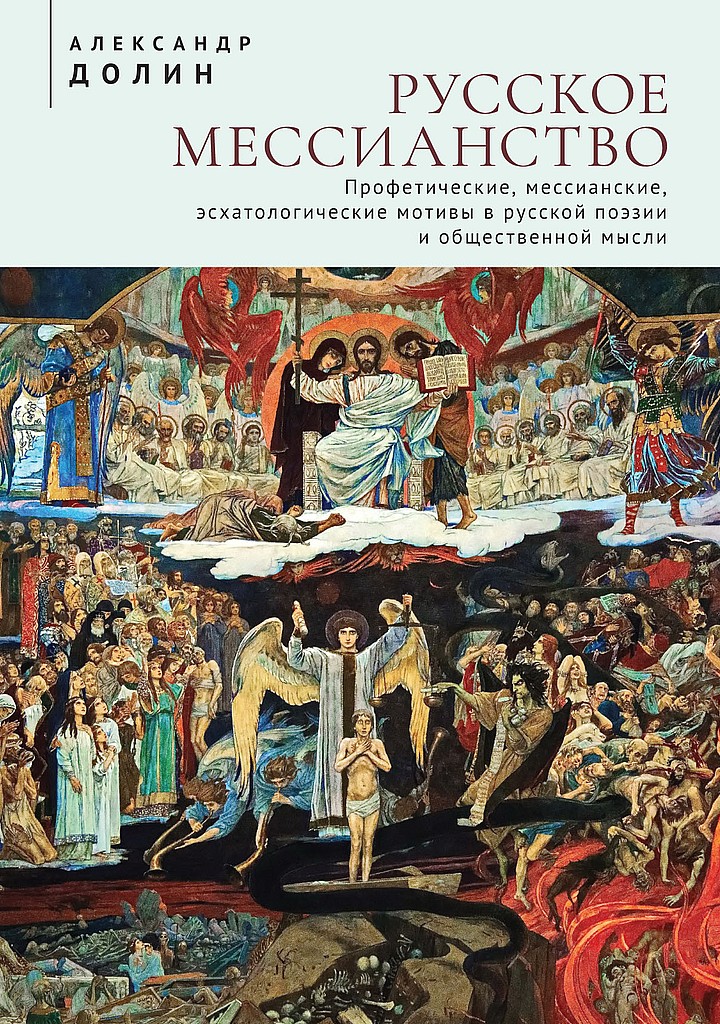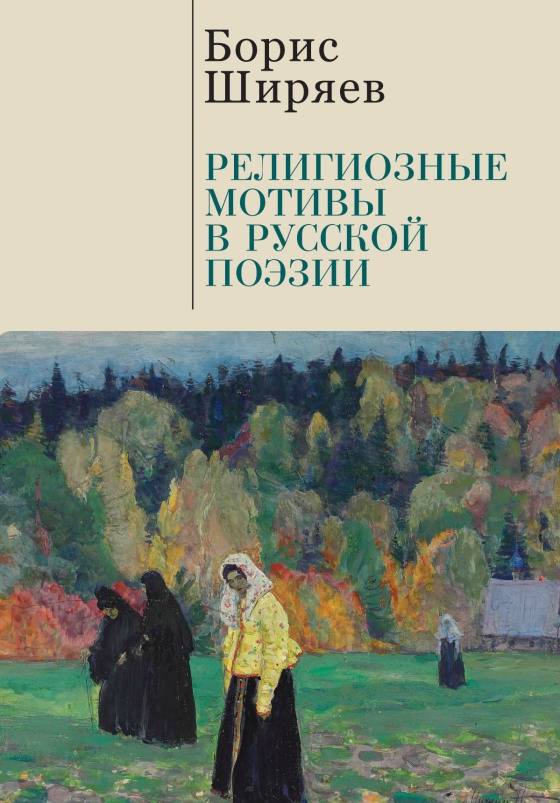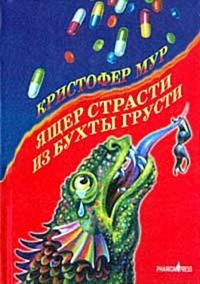over the nation by the Bolshevists. Nevertheless it remained in history as a sole example of the Great Utopia implemented on a huge scale.
* * *
The so called peasant poets (Esenin, Oreshin, Klyuiev) and the Futurists attracted by the Great Utopia, were the only men of letters in Russia who joyfully and unconditionally greeted the October revolution with its millions of human hecatombs. Assuming themselves as the prophets of a new faith, they, unlike their fellow poets, had no doubts about their choice.
Esenin, a son of a Russian peasant, was expecting a new Kitej-Dreamland which began taking shape on the horizon with the advent of the revolutionary discord. He dreamed about a communal paradise, where everybody would live by the fruit of soil acquired in the process of joyous labor. No wonder that after the February revolution he became close with the new authorities and then accepted the Bolshevist Soviets with enthusiasm. He welcomed the red terror, assuming that it was carried out by the «common people» in the name of highest justice. Esenin imagined a bright future in the form of a fairy «land abundant with milk and honey». With his earnest faith in «Doomsday» he turns to God, whose name he nevertheless would often ignore indulging in various kinds of sacrilege. His poem «Inoniya» and some other symbolic poems of the time predict the advent of Messiah in purely Esenin’s pathetic style imitating the Books of Prophets of the Old Testament.
However, many of Esenin’s poems were of blasphemous nature and revealed more likely a pagan revolt or a rufifan’s challenge to the Christian dogma than pure faith. The atrocities of the Civil war, the awful famine an especially the dramatic decay of Russian peasantry strongly frustrated the sensitive poet. Soon he realized that the revolution was not going to defend the interests of the farmers, and whose interests it was defending he just couldn’t understand. Seeing that Kitezh-Dreamland of his favorite myths is not likely to appear in Russia in the near future, Esenin was confused and depressed. Disillusioned, he was looking for solace in his poems, wine, drunken brawls, accidental affairs, marriage, again in the poems, wine and brawls, and finally — in death.
* * *
The Futurists, against their own will, played a dubious role of the founders of early Soviet culture and ardent supporters of a new totalitarian social system. They created a myth of the graceful and long awaited socialist revolution. They shaped this myth into poetic form, popularized and promoted it in the masses. Ironically, the Futurist prophets of the forthcoming paradise on earth were destined to become the priests of the bloody Bolshevist regime.
Since long ago, they were going to put an end to the old world, to throw away the classics from «the boat of the modern times» and to reconstruct mankind, though they could hardly dream that history would really give them this opportunity. The Futurists were neither Bolsheviks, nor Mensheviks, nor Social-Revolutionaries but they were extremists by definition. It means that they were ready to support any victorious extremist party. It was exactly what they did after the October revolution. They did not care much that their activities could turn out to be unnecessary and incomprehensible for the victorious proletariat.
The Futurists along with the leftist artists of the postrevolutionary avant-garde — Filonov, Petrov-Vodkin, Tatlin, Rodchenko, Malevich — resolutely rejected the old world for the sake of constructing an unprecedented paradise on earth. Still if we ask what they were going to create, the most veritable answer might be found in the famous project of the Monument of The Third International (the so called «Tatlin’s Tower», 1919–1920). Actually this strange Tatlin’s construction with a spiraling ribbon of the ascending way to the top turns to be the exact sketched replica of the «Babylon Tower» by Peter Bruegel Senior. Tatlin’s architectural metaphor of the Great Utopia is an immense embodiment of an ambitious and daring dream of the avant-garde. It is quite probable that the author has foreseen the consequences of the bold experiment, which has ended up in full accordance with the Biblical myth.
* * *
Khlebnikov, the lunatic genius of poetic avant-garde, in his articles and sketches of the revolutionary time preserves rational thought but many of his poems are the ecstatic revelations on the verge of madness, ignoring the laws of language, logic and history. Moreover, some essays («Word Composition», «Confirming the Alphabet», «Mathematical Understanding of History», «Scales of Budetlyanin» and others), showing the author’s erudition in using numerology phenomena, laws of mathematics and facts of history with amazing easiness, reveal in the meantime a strongly disturbed mentality. The game for Khlebnikov overgrows into reality, the reality becomes the game. The past, the present and the future spin in a crazy marry-go-round. Mars and Earth change their places. People lose their concrete localization in space and in time of the revolution and the Civil war. The artificial fairy world invented by Khlebnikov is gorgeous in its fantasy, abundant in cryptic poetic codes and amazing in its predictions but it is hardly related to the Russian reality of the age time.
Khlebnikov’s poem «Ladomir», the most pathetic hymn to the revolutionary chaos, is designed in the bravura-major tone. The whole poem, constructed in a Khlebnikov’s typical style of fragmented collage, is a disordered phantasmagoria which involves the present where the fight between classes is going on, and the future where countries, nations, gods, epochs, artists, poets, farmers, workers and soldiers are mixed and stirred. His vision of the future reminds of the endless kaleidoscope of the fragmented video-clips presenting the topic «Slavery-Freedom-Renovation of the world». His view of history is a universal comprehension of the deep past, where the textbook’s pages are thoroughly shuflfed, and of the uncertain future, where the Space International embodies the ideal of liberated joyful labor.
The prophet of a revolutionary chaos, he doesn’t even try to introduce any logic or sense in his works, with the





